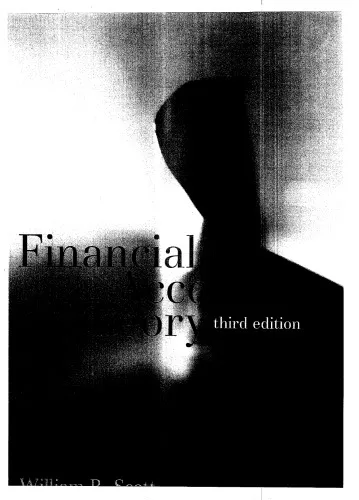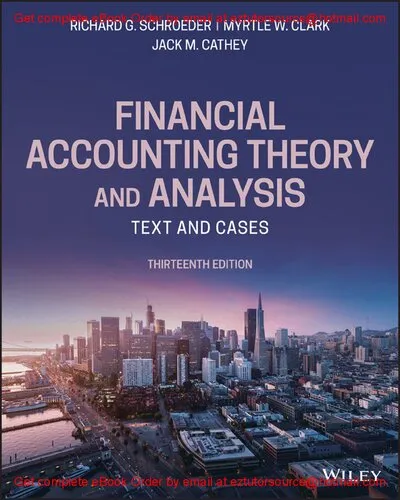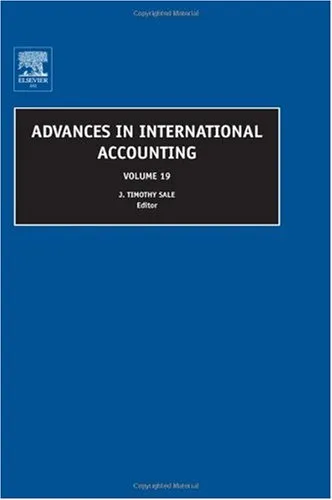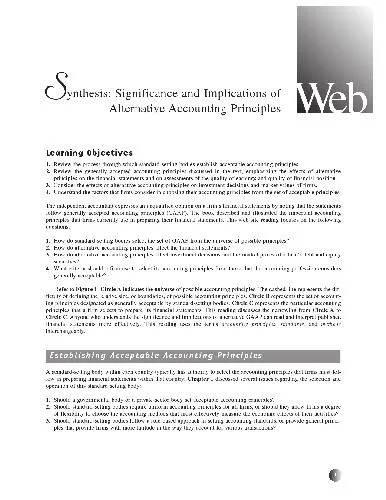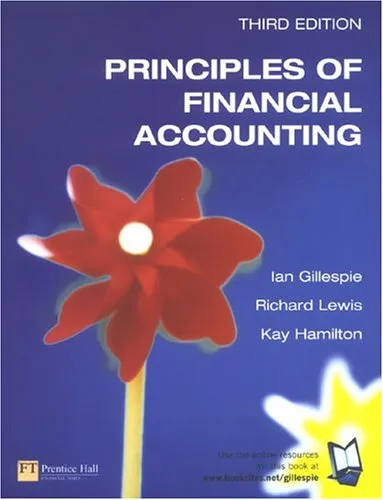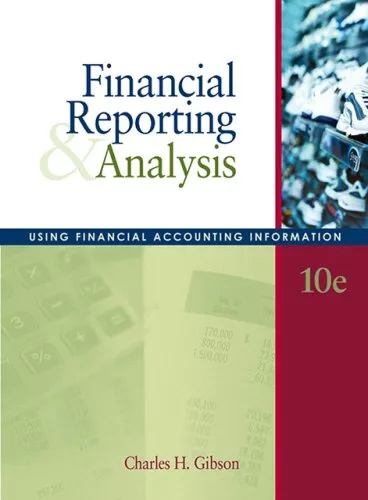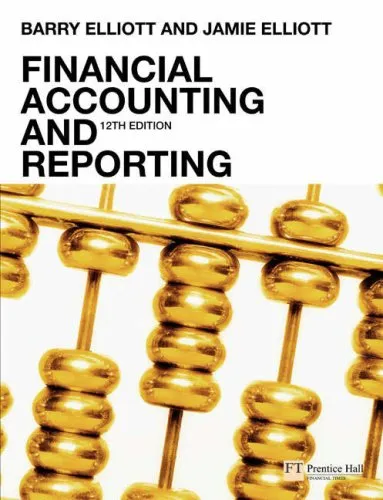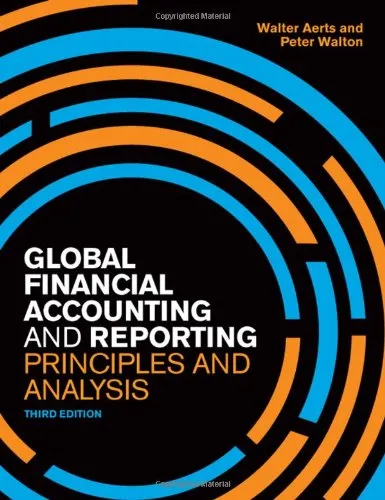The Routledge Companion to Financial Accounting Theory
4.9
Reviews from our users

You Can Ask your questions from this book's AI after Login
Each download or ask from book AI costs 2 points. To earn more free points, please visit the Points Guide Page and complete some valuable actions.Related Refrences:
Welcome to an insightful exploration into the intricate world of financial accounting theory with 'The Routledge Companion to Financial Accounting Theory.' This book, written by Stewart Jones, serves as a comprehensive guide to the diverse asset and liability evaluation methods, income measures, and broader theoretical constructs that form the bedrock of conventional and contemporary accounting theories.
Detailed Summary of the Book
In 'The Routledge Companion to Financial Accounting Theory,' Stewart Jones embarks on a scholarly journey examining the evolution and practical application of accounting theories that drive financial practices today. This book delves into various theoretical frameworks and methodologies that outline how financial information is measured, reported, and interpreted. Each chapter is meticulously structured to offer clarity on complex ideas, from classical notions of value to cutting-edge replacement cost and revaluation models.
The book's elaboration begins with a historical overview before transitioning into key topics such as the role of accounting standards, conceptual frameworks, and the impact of managerial decisions on financial reporting. Readers will gain an appreciation of how norms such as Fair Value Accounting, Historical Cost, and Current Cost interplay within accounting practices. By weaving through theoretical conceptions and practical applications, Jones sets the stage for a deeper understanding of financial statements' dynamic world.
Stewart Jones also addresses the cognitive perspective on accounting—the behavioral attributes of those who consume and produce financial data. The book covers audit functions, performance evaluation metrics, and the significance of environmental and social disclosures as influenced by prevailing theories. Through empirical evidence and case studies, Jones guides readers in unraveling the connections between corporate governance and financial accounting practices.
Key Takeaways
- Understanding the historical evolution of financial accounting theories.
- Comparative analysis of various accounting methodologies.
- Insights into the impact of cognitive factors on financial interpretation.
- Critical evaluation of financial reporting standards.
- Examination of accounting's role in corporate governance.
Famous Quotes from the Book
"In understanding financial accounting, one must appreciate that the practice is as much an art as it is a science."
"The power of accounting lies not only in its ability to convey numbers but in interpreting the stories behind those numbers."
"As accounting theories evolve, they reflect not merely changing economic realities but also shifts in societal values and expectations."
Why This Book Matters
'The Routledge Companion to Financial Accounting Theory' is not just an academic text; it serves as a bridge connecting theoretical principles with their practical implications. In an age where financial transparency and accountability are paramount, understanding the underlying theories of financial accounting can lead to more informed decision-making by accountants, auditors, financial analysts, and policy creators.
The book stands out for its ability to distill complex concepts into accessible insights, making it an essential resource for students, educators, and practitioners in the field of accounting. By providing a compendium of the latest research and fostering critical thinking, Stewart Jones' work lays a foundation that prepares readers to meet contemporary accounting challenges with a robust, theoretically-informed perspective.
Free Direct Download
You Can Download this book after Login
Accessing books through legal platforms and public libraries not only supports the rights of authors and publishers but also contributes to the sustainability of reading culture. Before downloading, please take a moment to consider these options.
Find this book on other platforms:
WorldCat helps you find books in libraries worldwide.
See ratings, reviews, and discussions on Goodreads.
Find and buy rare or used books on AbeBooks.
1323
بازدید4.9
امتیاز0
نظر98%
رضایتReviews:
4.9
Based on 0 users review
Questions & Answers
Ask questions about this book or help others by answering
No questions yet. Be the first to ask!

